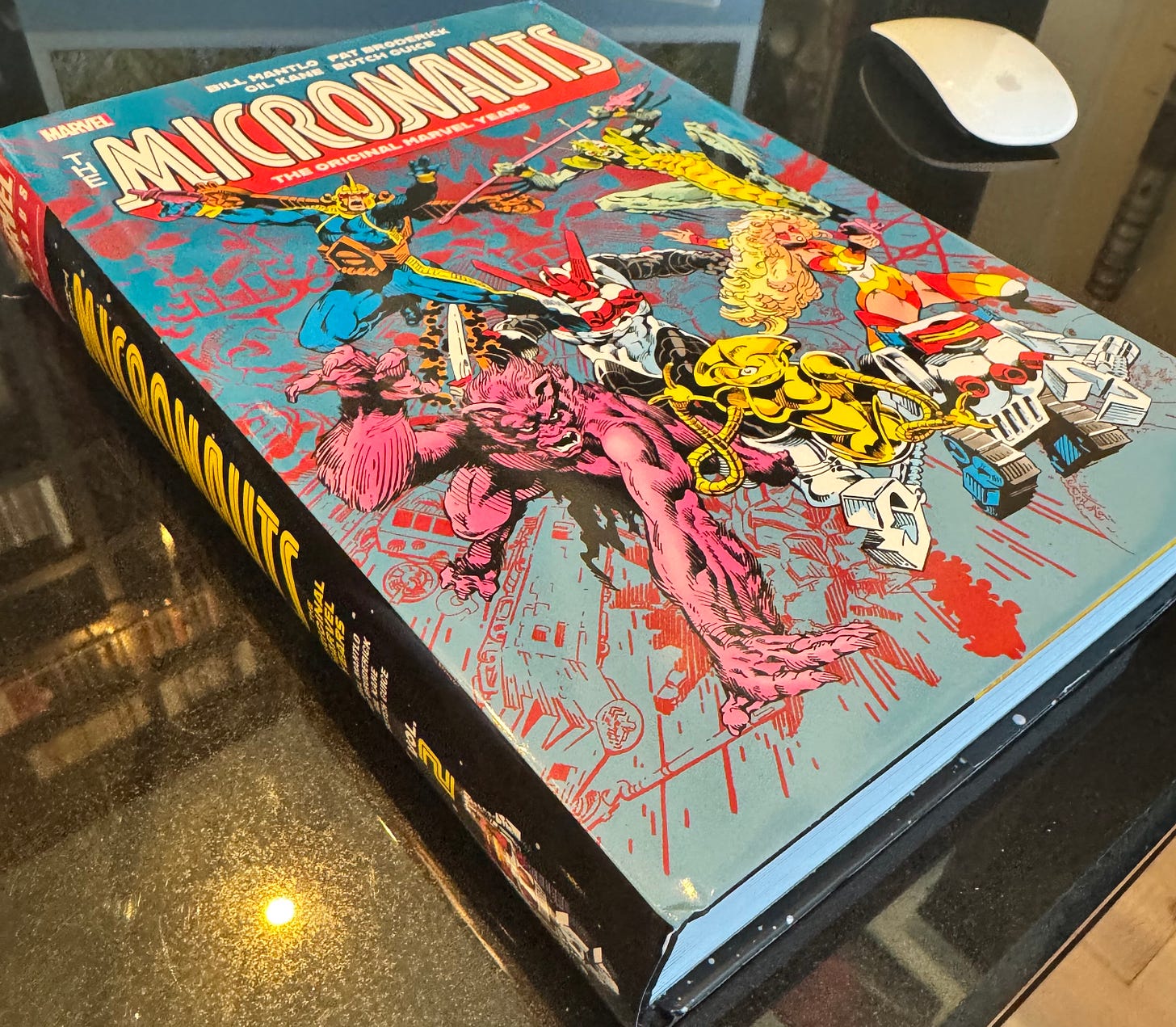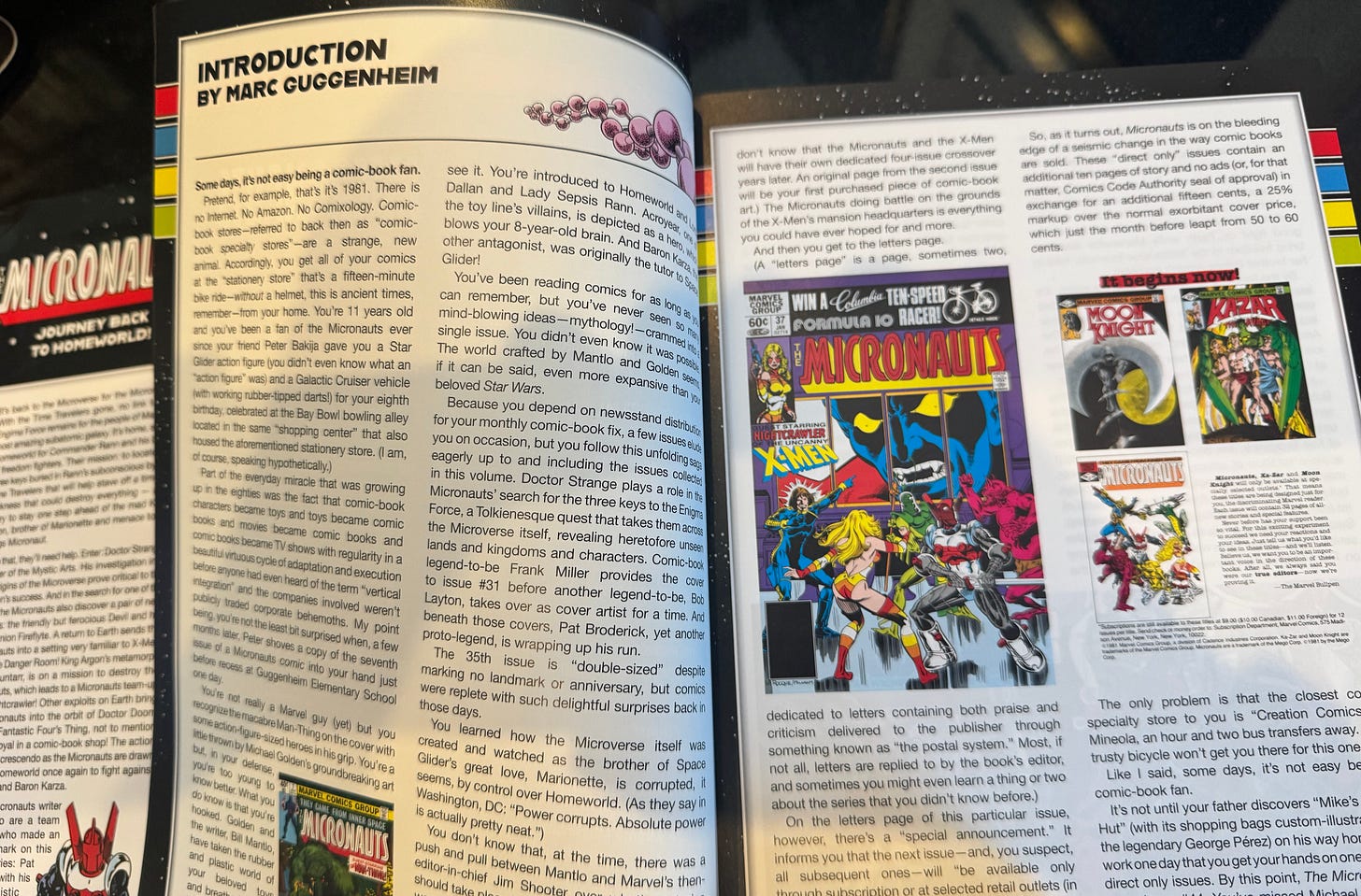Whelp, I missed another week. Sorry about that. Lots of travel negatively impacting this little newsletter. Hopefully, I’ll get back into a regular weekly cadence soon.
SHOOTING MY MOUTH OFF
In this week’s installment, we have an interview I did with Michael Tusa of the Writers’ Forum on WRBH. We talk mostly about In Any Lifetime, but it was a nicely free-ranging discussion. You can give it a listen on soundcloud.com.
And speaking of In Any Lifetime…
WHAT DID YOU PEOPLE DO?
The fine folks at Amazon have given me access to quite a lot of sales data regarding In Any Lifetime and I manage to only check the site a million times a day. Here’s a graph showing sales for just the month of September:
See that huge spike in the middle? That was the day of the last edition of this newsletter. Thank you so much for supporting my book. And for those who haven’t bought a copy yet — and since this worked so well last time — you can order a copy of In Any Lifetime by clicking here.
It’s also available, BTW, as an audiobook if that’s your jam.
WGA STRIKE PLUS ONE YEAR
I think it’s an axiom that if the topic of an article is about last year’s WGA strike (which, BTW, ended on my birthday — you’re welcome), it’s going to make for an installment of “Shooting My Mouth Off.”
The Ankler chimed in with just such an article. I apologize that some of the article — most likely including my quote — is paywalled, but you can nevertheless find it here.
But I’ve taken that article out of the “Shooting My Mouth Off” section because I wanted to talk some more about this question, “Was the strike worth it?”
Not to sound too Clintonian, but the answer really depends upon how one defines “worth it.” I continue to believe, as I’ve said in this newsletter, that the WGA negotiated a better deal than it could have gotten without a strike. I continue to believe that. I also continue to believe that the deal would not have gotten appreciably better had we stayed out longer than we did.
The question is whether the gains were worth what we lost being out of work for eight months. Everyone’s mileage is going to vary on that question. But the question itself elides, I think, a much more important issue.
Articles like this one — and there have been a lot — have the unintended effect of furthering a common misconception, to wit: A lot of the problems facing WGA writers today CANNOT be addressed through negotiations with the studios.
To dig a little deeper on this: The WGA negotiations relate very specifically to a single thing, the terms of the Minimum Basic Agreement (MBA) between the WGA’s writers and the studios. It stands to reason that if the problem can’t be or isn’t addressed by the MBA, the problem can’t be solved through negotiation. And if the problem can’t be solved through negotiation, it cannot be addressed through a strike.
Deadline published its own strike anniversary article this morning and it includes this soundbite:
“Unions exist to protect that jobs that exist in a sector. Unions don’t compel employers to hire jobs that they don’t need,” one writer acknowledged. “A lot of people feel they put a lot of energy into the strike…but that is my political choice that I made. The union doesn’t have the responsibility to find me a job or create the conditions for me to find a job.”
Dead on. And the problem, simply put (at the risk of being reductive), is that there just aren’t as many jobs for writers today as there were a year or two ago.
And let’s be clear about something: This paucity of work is NOT because of the strike. That’s another common misconception that’s been making the rounds (as it always does) and it’s one I’ve tried to disabuse people of in this newsletter’s virtual pages. The contraction that has claimed so many jobs was always coming, with or without the strike. The corporate consolidation that has virtually eliminated new shows and movies was already in progress.
Think of it this way: If Hollywood were a patient, it was already diagnosed with cancer and congestive heart failure. The fact that it also developed an ulcer along the way is largely (if not completely) immaterial. More to the point, the ulcer didn’t aggravate the cancer and cardiac issues that were already there.
So when we collectively analyze whether the strike was “worth it,” don’t factor in the fact that things have gotten worse in the year since the strike. That’s correlation without causation.
As noted above, the only factor we can consider when evaluating the “worth” (or lack thereof) of the strike are issues that are addressable through the MBA. It’s reasonable to ask whether we should have used some of the leverage created by the strike to negotiate for things other than, say, minimum room size. But I think it’s unfair to Monday morning quarterback — particularly 52 Monday mornings after the fact.
The bottom line is that we were on strike for 8 months. We’ve not been on strike for the past 12. Time to move on and move forward.
THE MICRONAUTS
Speaking of my birthday, a friend bought me the second omnibus volume of The Micronauts, a Marvel Comics series written by my idol, Bill Mantlo.
Turns out, she needn’t have bothered because I’d forgotten I’ll probably be getting a comp copy eventually because… I wrote the introduction.
This was a huge thrill for me because not only, as I noted, was I a huge fan of the writer, I just loved the whole series from start to finish. (I’d even spent a not-insignificant amount of money binding my copies into hardbound books.)
I have a really fun job.
Be good to each other.
Best,
Marc
Encino, California
9.27.24








To wit AND to whit. That was your response. Thank you.
Loved the Mirco-naunts! Bug!